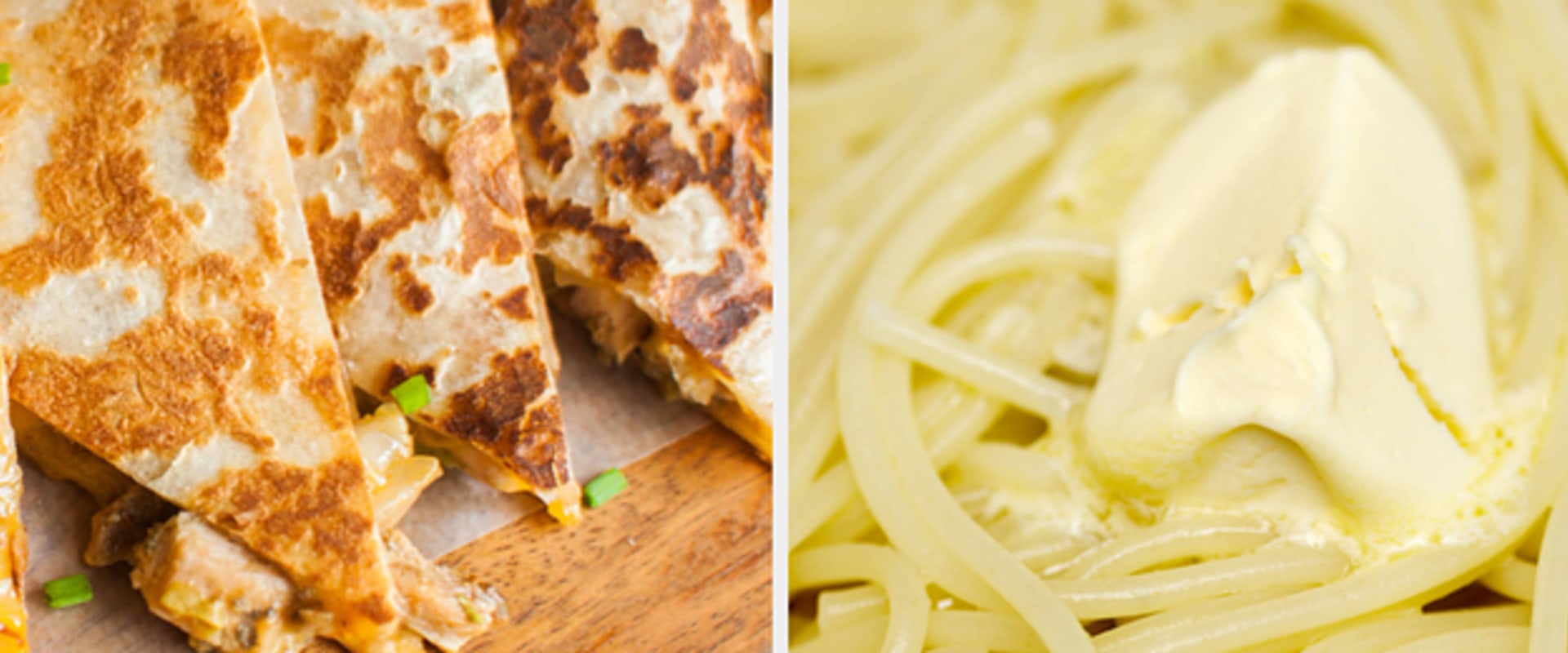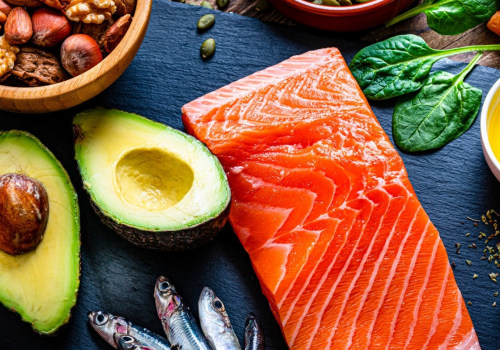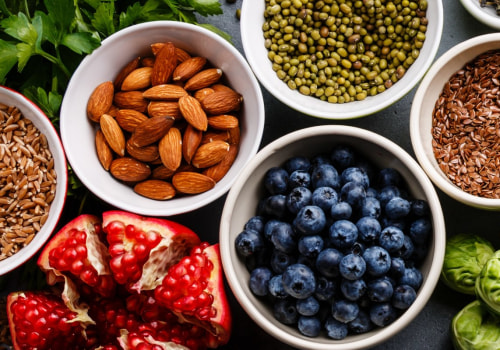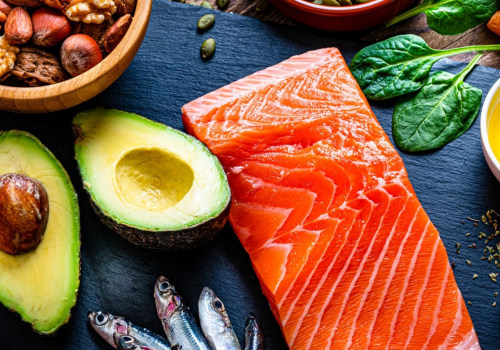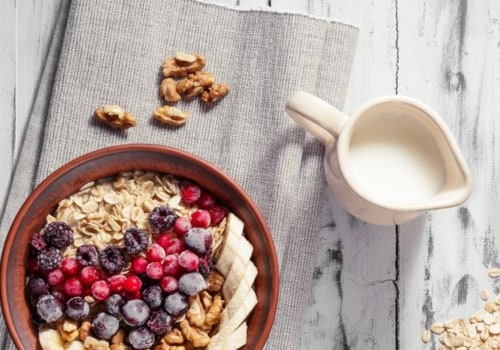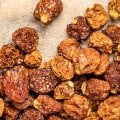However, there is no known food that meets all the needs of human adults in the long term. Since Taylor is determined to follow a single-food diet, potatoes are probably as good as anything else, as they contain a wider range of amino acids, vitamins and minerals than other starchy foods, such as pasta or rice. However, eating only one type of food is not a long-term possibility. There is simply no edible element that exclusively supports a healthy adult.
But it's definitely fun to consider, so here are four foods, including potatoes, that you could theoretically live on (and why you can't). Breast milk is enough in calories and has “a little bit of everything,” says Jo Ann Hattner, nutrition consultant at the Stanford University School and former national spokesperson for the American Dietetic Association. That's fine for babies, but breast milk lacks a good amount of nutrients, including protein and fiber. An excessive lack of either would cause liver and kidney damage, which is why babies are weaned from solid foods.
Kale is an incredible superfood that helps you do everything from delaying age to fighting cancer. A 100-gram serving of kale serves much more than the daily recommended amount of vitamin C (200%), vitamin A (300%) and vitamin K1 (1000%). However, kale has some problems, such as absorbing a toxic heavy metal called thallium too easily, which is a problem if eaten in large quantities. Eating raw kale can also inhibit iodine absorption, which could lead to hypothyroidism.
Although you would have to eat very large amounts to be within walking distance of “a well-balanced diet”, nuts and nuts provide calcium, iron, zinc, magnesium and potassium, while being low in sodium. In addition, nuts are high in fiber and low in fat, and nuts are naturally an excellent source of protein. The only problem is that there is no source of vitamin B12 and dehydrated fruit expels vitamin C, and you'll never get enough vitamin D or K. Even if you had to prepare an odd combination of foods that tasted tolerable and contained all the vital nutrients, you would technically continue to consume more than one type of food.
It's not a good idea to eat the same food every day, although in a major SHTF situation you're probably only dependent on one or two types of food to survive. But even if you're not gorging on endless pizzas and spicy wings, is it possible to survive on just one food? Our bodies are complex because they require healthy combinations of proteins, fats, and carbohydrates to function at a high level and ultimately thrive. In a perfect world where you could consume your favorite food for all eternity without consequences, you may well choose a food option loaded with carbohydrates. It's often said that healthy diets consist of a variety of fruits and vegetables and that you should only occasionally enjoy your favorite junk food.
If you've eaten so much of a food that you've gotten sick and you could never eat it again, this is what could happen if you relied on just one food to survive. When you eat any type of new food that you have never eaten before, your body will try to digest it as much as possible, it will remember the types of nutrients contained in the food and, in this way, it can cause cravings if you are deficient in some minerals, vitamins and even salt.
